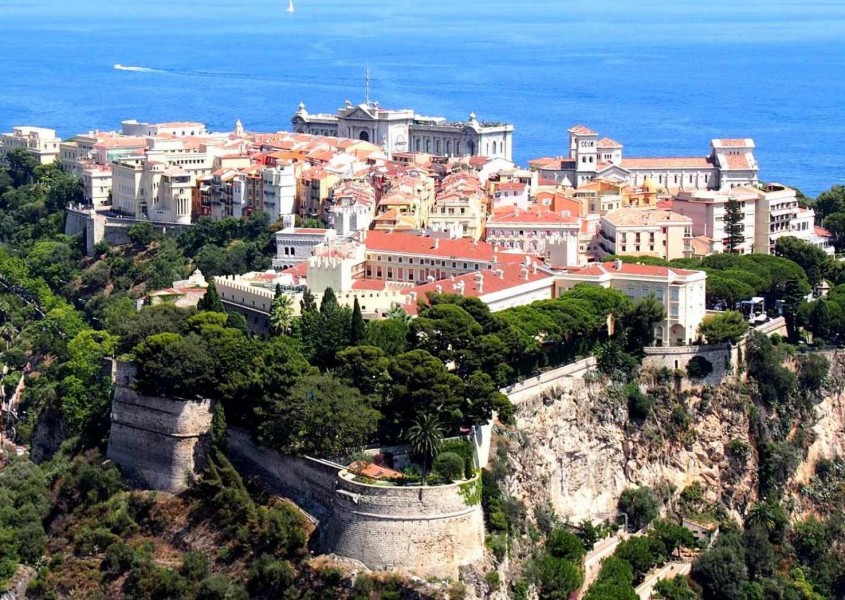Property tax is often difficult to calculate or identify. Many investors would like to know what taxes they would be responsible for, before investing in a property.
In France, two property taxes are imposed Taxe Fonciere and Taxe D’habitation. The annual rate of these 2 is calculated yearly by the authorities depending on the value of the property.
Taxe foncière
The taxe foncière is paid by the owner of the property in October, regardless of who occupies it. The tax implies on the owner only if has been owning the property since January 1st of that year. If an owner sells the property part-way through the year the tax will be apportioned by the notary dealing with the sale.
The tax is divided into two parts:
Taxe d’habitation
The taxe d'habitation is paid by the occupant of a property in November. It is paid by the occupant of the property as of January 1st of that year This tax is calculated according to the property size, location and rent price. The amount to be paid is less than the taxe fonciere.
Nice has experienced the greatest increases in taxe d'habitation, rising by a notable 17.7 %
Tax Deduction
Tax deductions on taxe d'habitation are available if you meet certain criteria. depending on age, income and current living situation.

Monaco
Property tax in Monaco is relatively low compared to other areas. The approximate percentage is 3.5 on the property value on the 5th year. Non- residents have an advantage as they can benefit from low tax when they invest in Monaco. Monaco offers landlords no taxation on rental income and capital gain.










